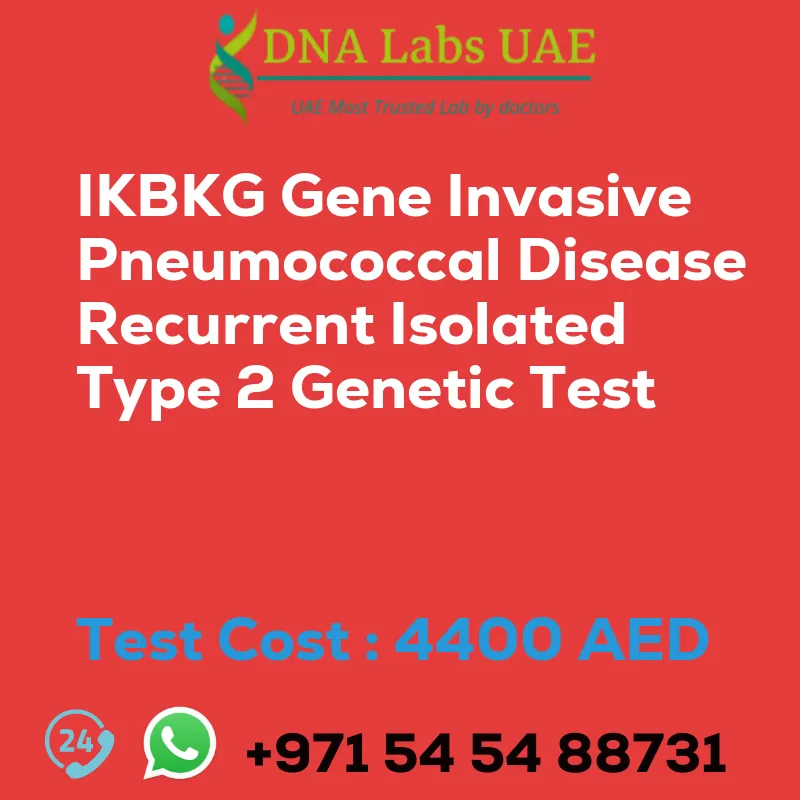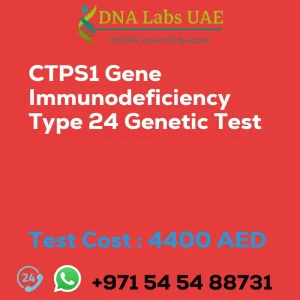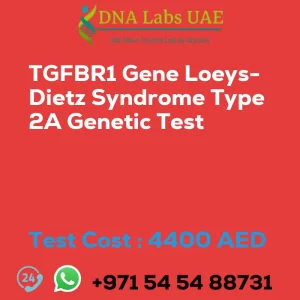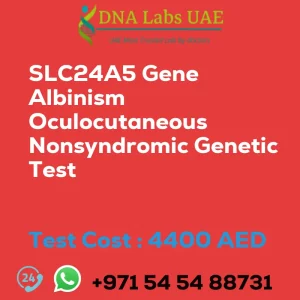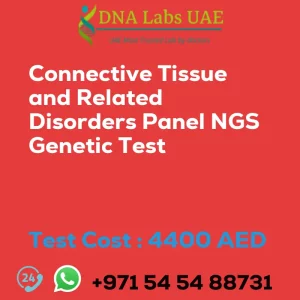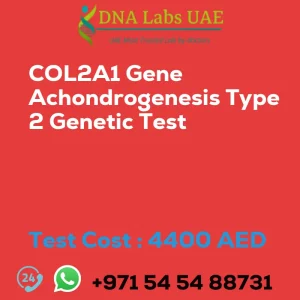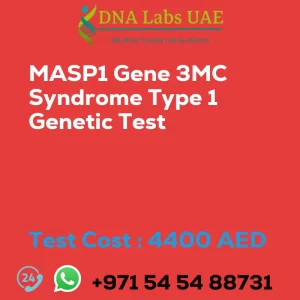IKBKG Gene Invasive pneumococcal disease recurrent isolated type 2 Genetic Test
Test Name:
IKBKG Gene Invasive pneumococcal disease recurrent isolated type 2 Genetic Test
Components:
- Price: 4400.0 AED
- Sample Condition: Blood or Extracted DNA or One drop Blood on FTA Card
- Report Delivery: 3 to 4 Weeks
- Method: NGS Technology
- Test type: Osteology Dermatology Immunology Disorders
Doctor:
Dermatologist
Test Department:
Genetics
Pre Test Information:
Clinical History of Patient who is going for IKBKG Gene Invasive pneumococcal disease, recurrent isolated type 2 NGS Genetic DNA Test. A Genetic Counselling session to draw a pedigree chart of family members affected with IKBKG Gene Invasive pneumococcal disease, recurrent isolated type 2 NGS Genetic DNA Test gene IKBKG
Test Details:
The IKBKG gene, also known as NEMO (NF-kappa-B essential modulator), is associated with a condition called invasive pneumococcal disease, recurrent isolated type 2. This condition is characterized by recurrent infections caused by the bacterium Streptococcus pneumoniae, leading to severe pneumonia, meningitis, or bloodstream infections.
NGS (Next-Generation Sequencing) genetic testing is a method used to analyze the DNA sequence of an individual’s genes. It allows for the identification of genetic variations or mutations that may be associated with specific diseases or conditions. In the case of invasive pneumococcal disease, recurrent isolated type 2, NGS genetic testing can be used to analyze the IKBKG gene for any mutations or variations that may contribute to the development of the condition. This information can help in diagnosing individuals with the disease and may also have implications for treatment and management strategies.
It’s important to note that genetic testing for IKBKG gene mutations may not be widely available or routinely performed. It is typically done in specialized genetic testing laboratories or as part of research studies. If you suspect you or someone you know may have this condition, it is recommended to consult with a healthcare professional or genetic counselor who can provide more information and guidance on genetic testing options.
| Test Name | IKBKG Gene Invasive pneumococcal disease recurrent isolated type 2 Genetic Test |
|---|---|
| Components | |
| Price | 4400.0 AED |
| Sample Condition | Blood or Extracted DNA or One drop Blood on FTA Card |
| Report Delivery | 3 to 4 Weeks |
| Method | NGS Technology |
| Test type | Osteology Dermatology Immunology Disorders |
| Doctor | Dermatologist |
| Test Department: | Genetics |
| Pre Test Information | Clinical History of Patient who is going for IKBKG Gene Invasive pneumococcal disease, recurrent isolated type 2 NGS Genetic DNA Test. A Genetic Counselling session to draw a pedigree chart of family members affected with IKBKG Gene Invasive pneumococcal disease, recurrent isolated type 2 NGS Genetic DNA Test gene IKBKG |
| Test Details |
The IKBKG gene, also known as NEMO (NF-kappa-B essential modulator), is associated with a condition called invasive pneumococcal disease, recurrent isolated type 2. This condition is characterized by recurrent infections caused by the bacterium Streptococcus pneumoniae, leading to severe pneumonia, meningitis, or bloodstream infections. NGS (Next-Generation Sequencing) genetic testing is a method used to analyze the DNA sequence of an individual’s genes. It allows for the identification of genetic variations or mutations that may be associated with specific diseases or conditions. In the case of invasive pneumococcal disease, recurrent isolated type 2, NGS genetic testing can be used to analyze the IKBKG gene for any mutations or variations that may contribute to the development of the condition. This information can help in diagnosing individuals with the disease and may also have implications for treatment and management strategies. It’s important to note that genetic testing for IKBKG gene mutations may not be widely available or routinely performed. It is typically done in specialized genetic testing laboratories or as part of research studies. If you suspect you or someone you know may have this condition, it is recommended to consult with a healthcare professional or genetic counselor who can provide more information and guidance on genetic testing options. |

